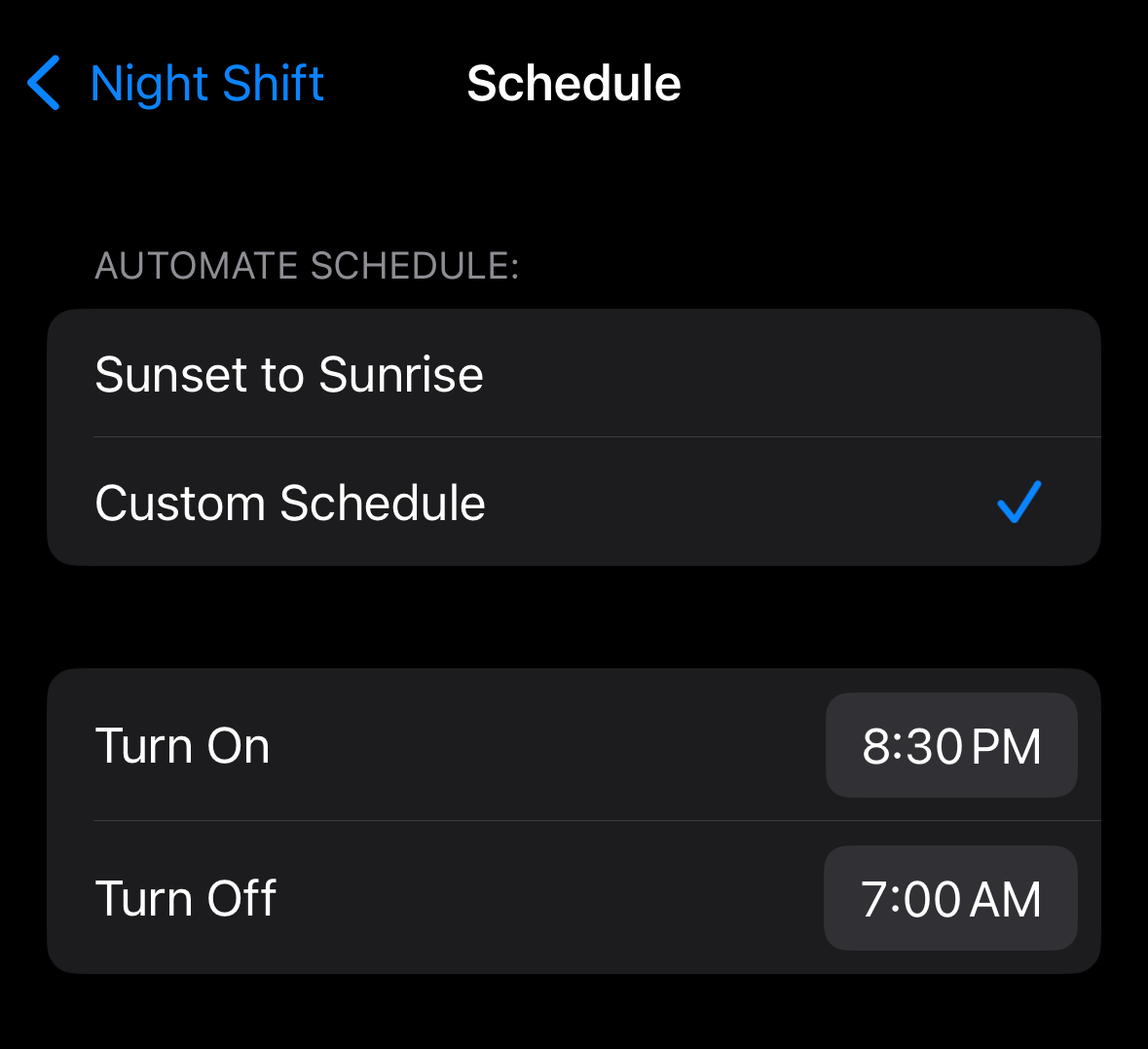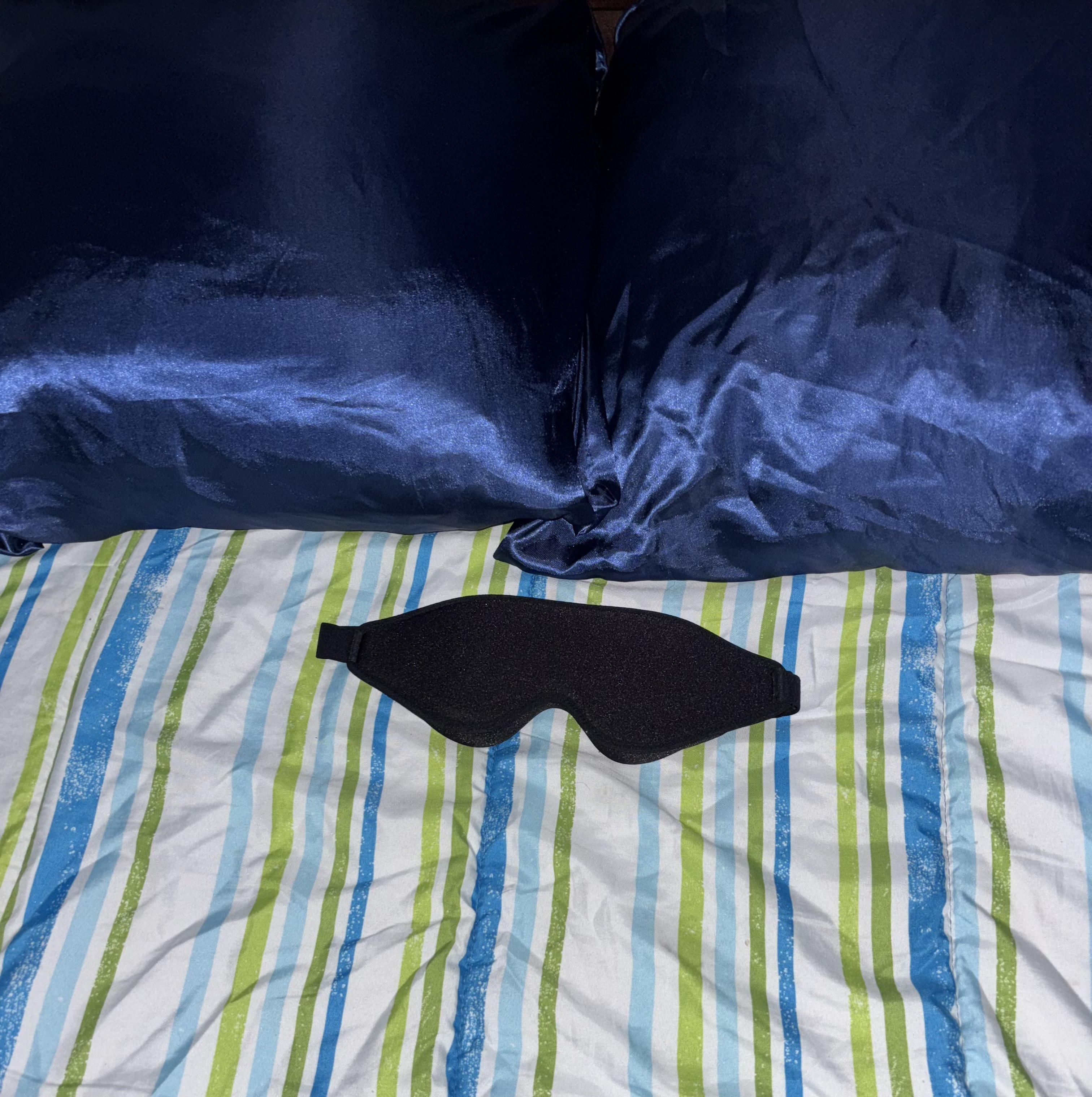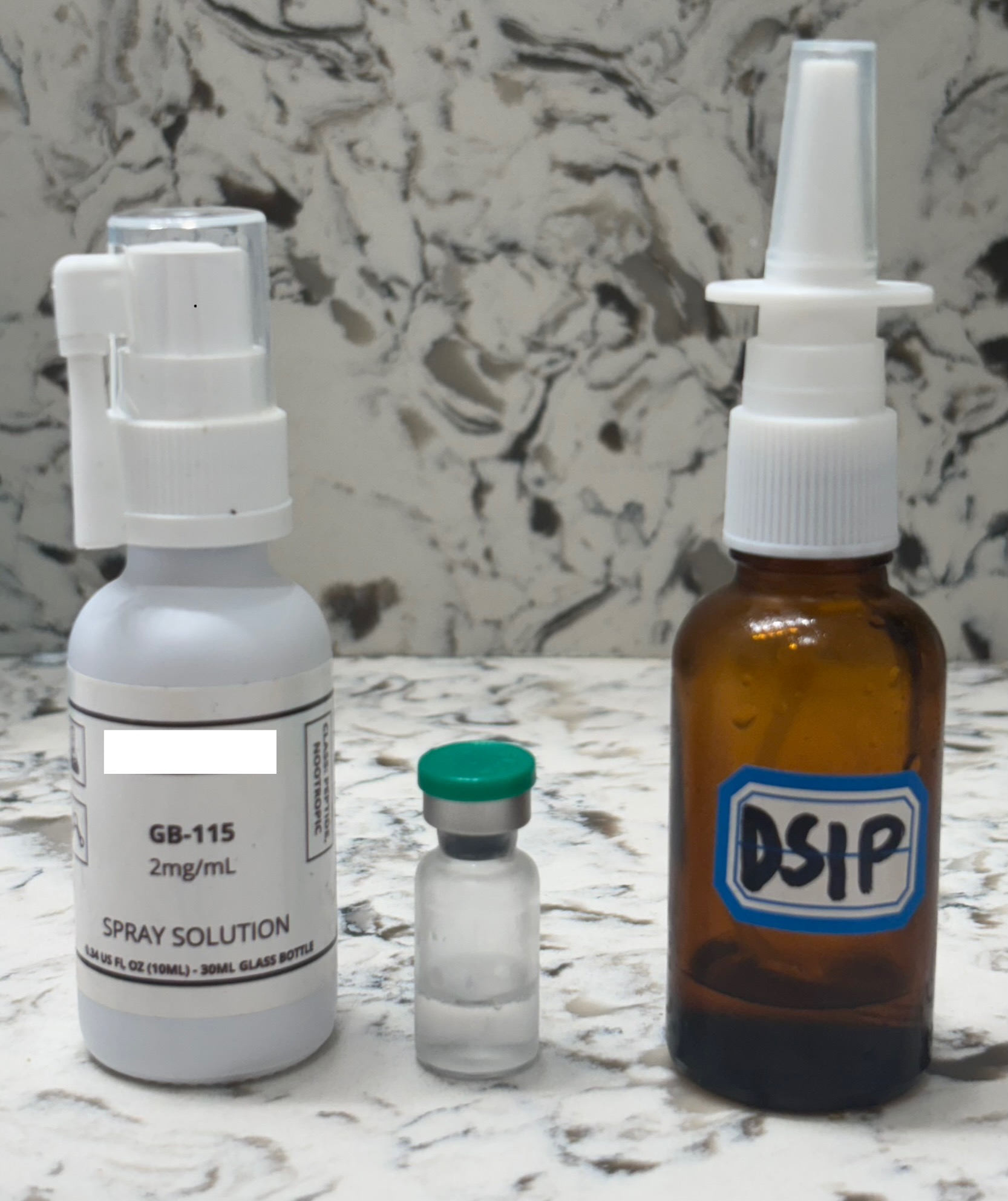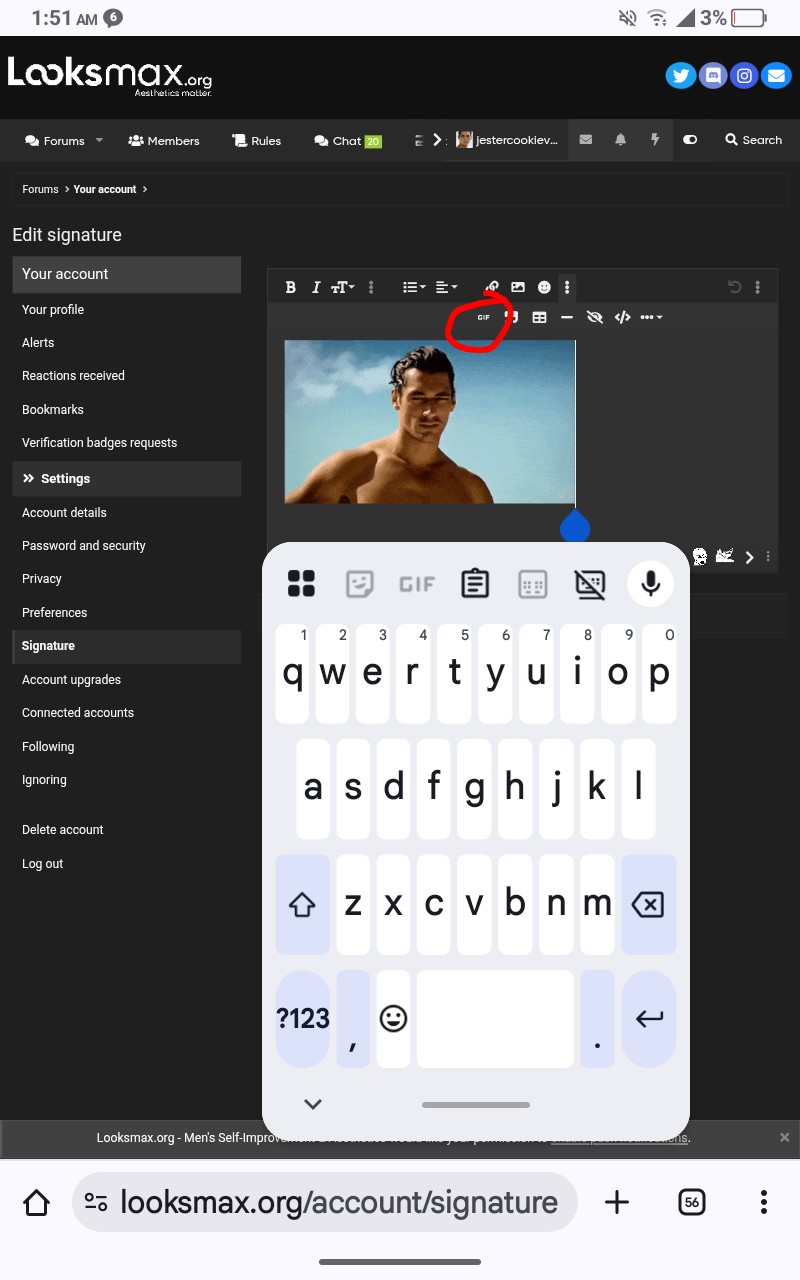bruhtoobrutal
Just Be Happy
- Joined
- Jan 15, 2025
- Posts
- 2,457
- Reputation
- 5,635
I’ve struggled with falling and staying asleep for a while now. I constantly wake up, struggle with sleep paralysis and wake up to pee.
Basics:
No blue light at least an hour before bed.
Schedule Night Shift Warm tone during late evening

No food/drinks 3-4 hours before bed
Pitch Dark room
No noise
Accessories:

Peptides:

300mcg DSIP Intranasally (Super easy to make at home)
8 IU HGH Before Bed
200mcg GB-115 (Indirect Sleep benefit as it’s an anxiolytic) Try to take earlier on as it has a mild psycho stimulant effect, though I don’t feel it but I’m already very used to stimulants.
Results:
My sleep quality has changed significantly. DSIP has been a game changer, truly one of the most underrated peptides. Intranasal DSIP has a faster onset, I start to feel the effects within 15 minutes. Puts me in a calm state and puts me to sleep fairly quickly. I don’t struggle with randomly waking up anymore, I sleep like a baby. I wake up feeling refreshed, no longer groggy.
Basics:
No blue light at least an hour before bed.
Schedule Night Shift Warm tone during late evening

No food/drinks 3-4 hours before bed
Pitch Dark room
No noise
Accessories:

Peptides:

300mcg DSIP Intranasally (Super easy to make at home)
8 IU HGH Before Bed
200mcg GB-115 (Indirect Sleep benefit as it’s an anxiolytic) Try to take earlier on as it has a mild psycho stimulant effect, though I don’t feel it but I’m already very used to stimulants.
Results:
My sleep quality has changed significantly. DSIP has been a game changer, truly one of the most underrated peptides. Intranasal DSIP has a faster onset, I start to feel the effects within 15 minutes. Puts me in a calm state and puts me to sleep fairly quickly. I don’t struggle with randomly waking up anymore, I sleep like a baby. I wake up feeling refreshed, no longer groggy.
Last edited:


